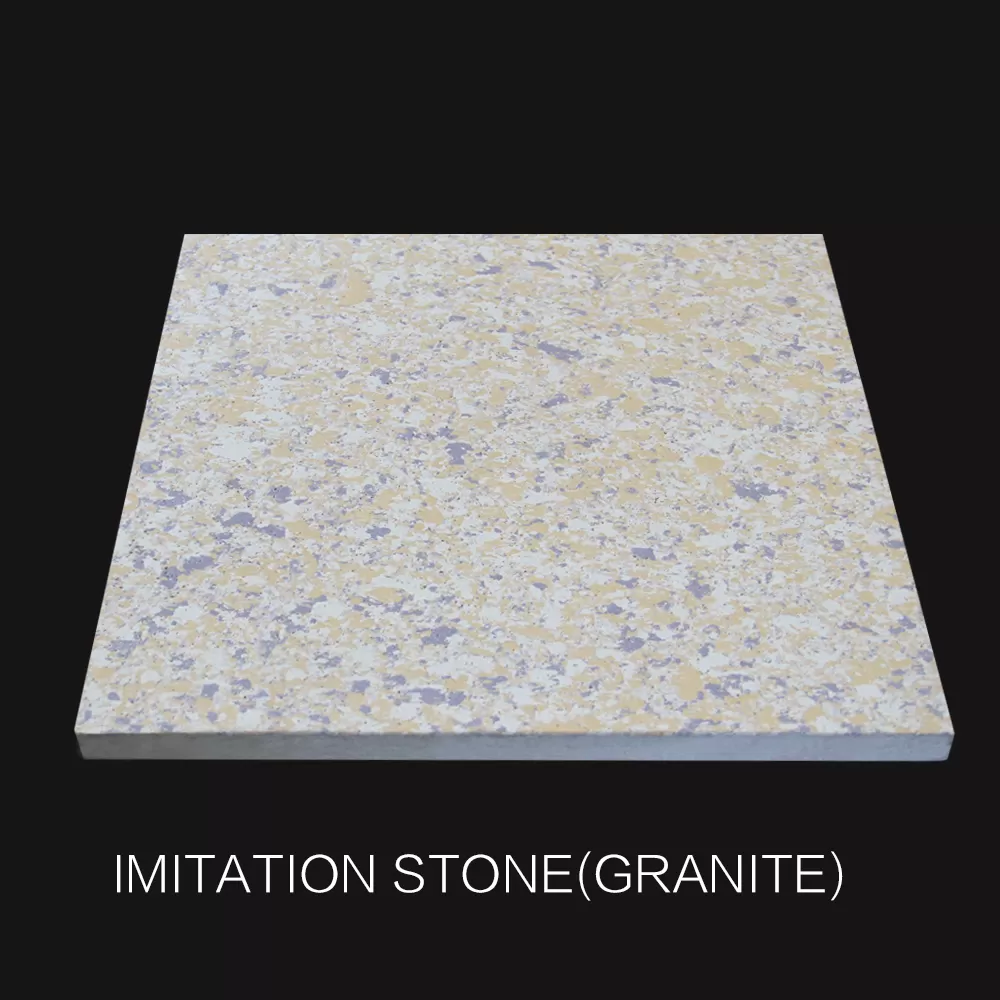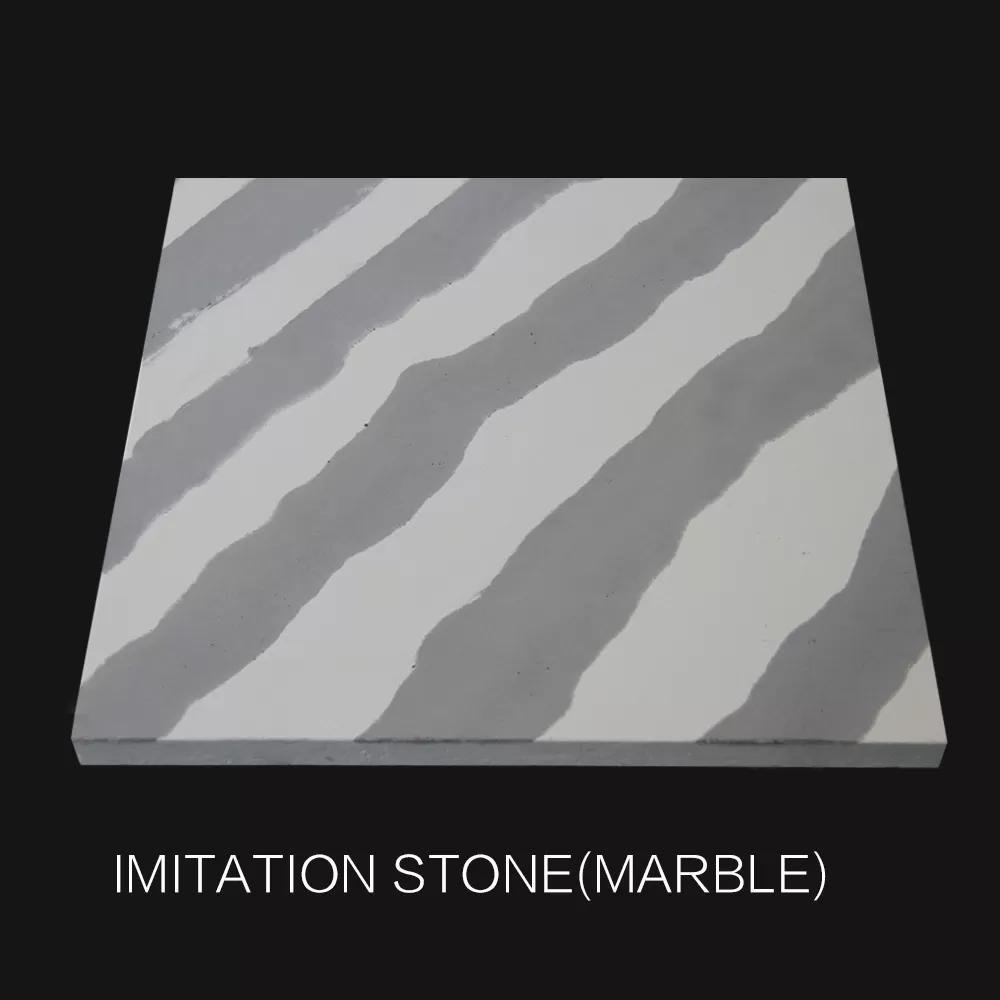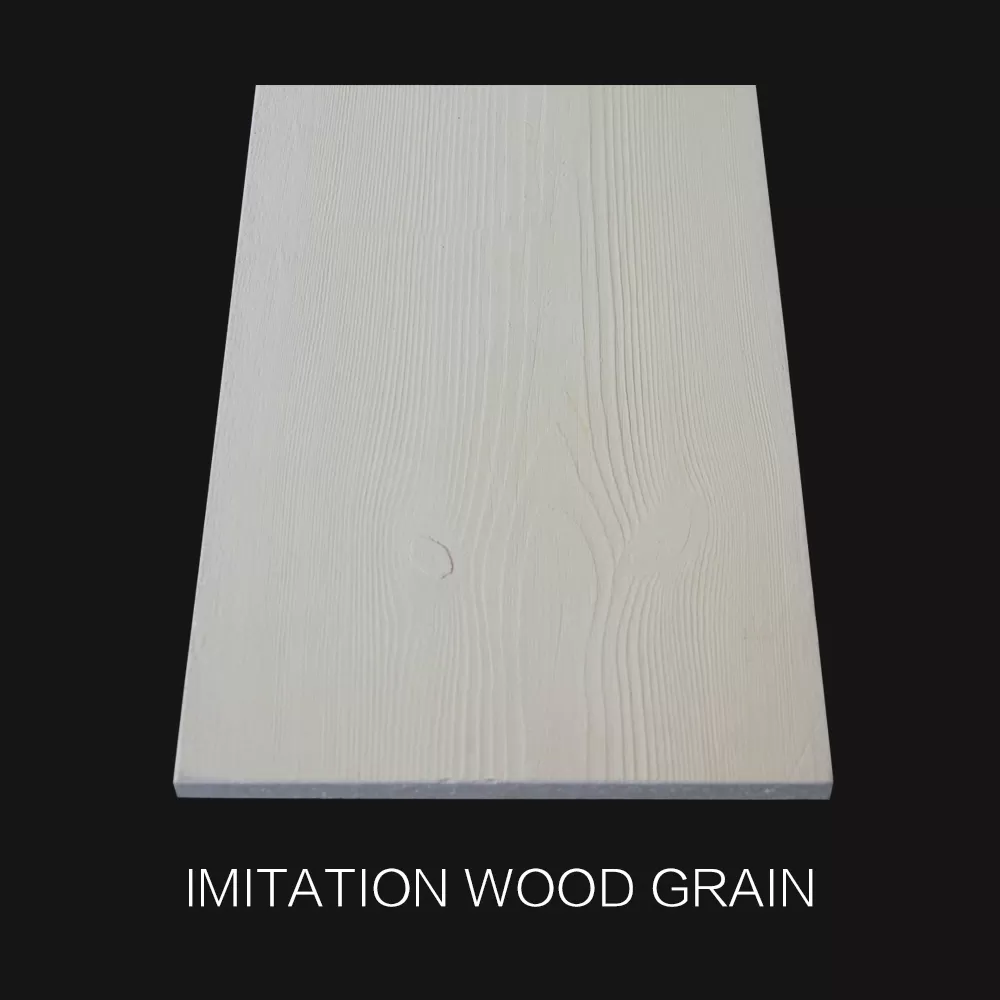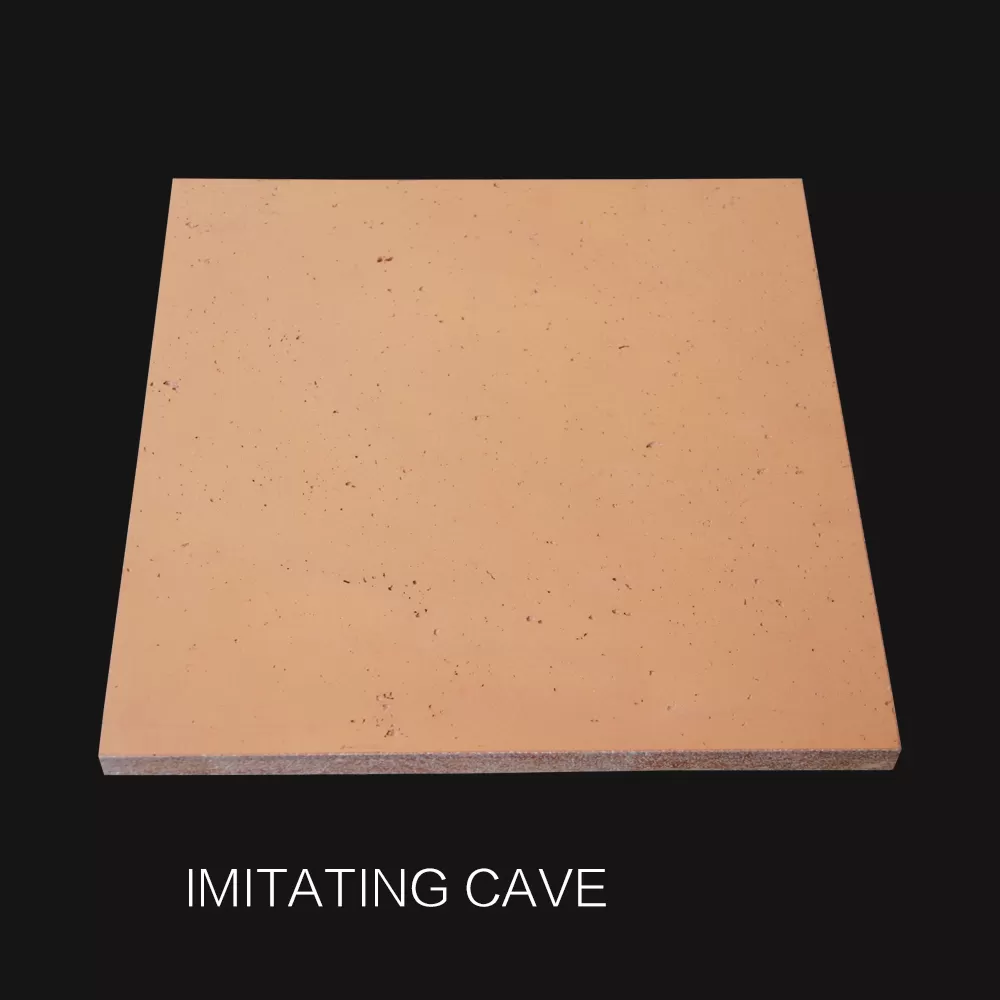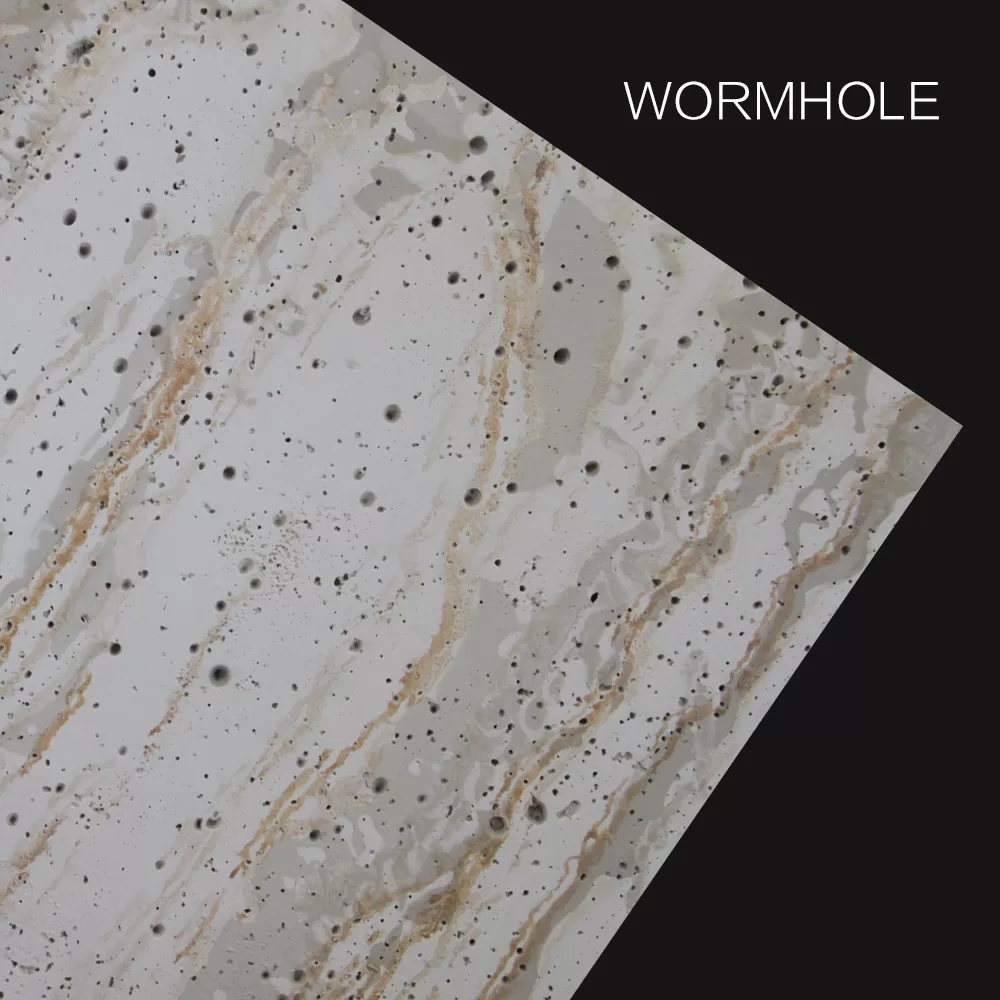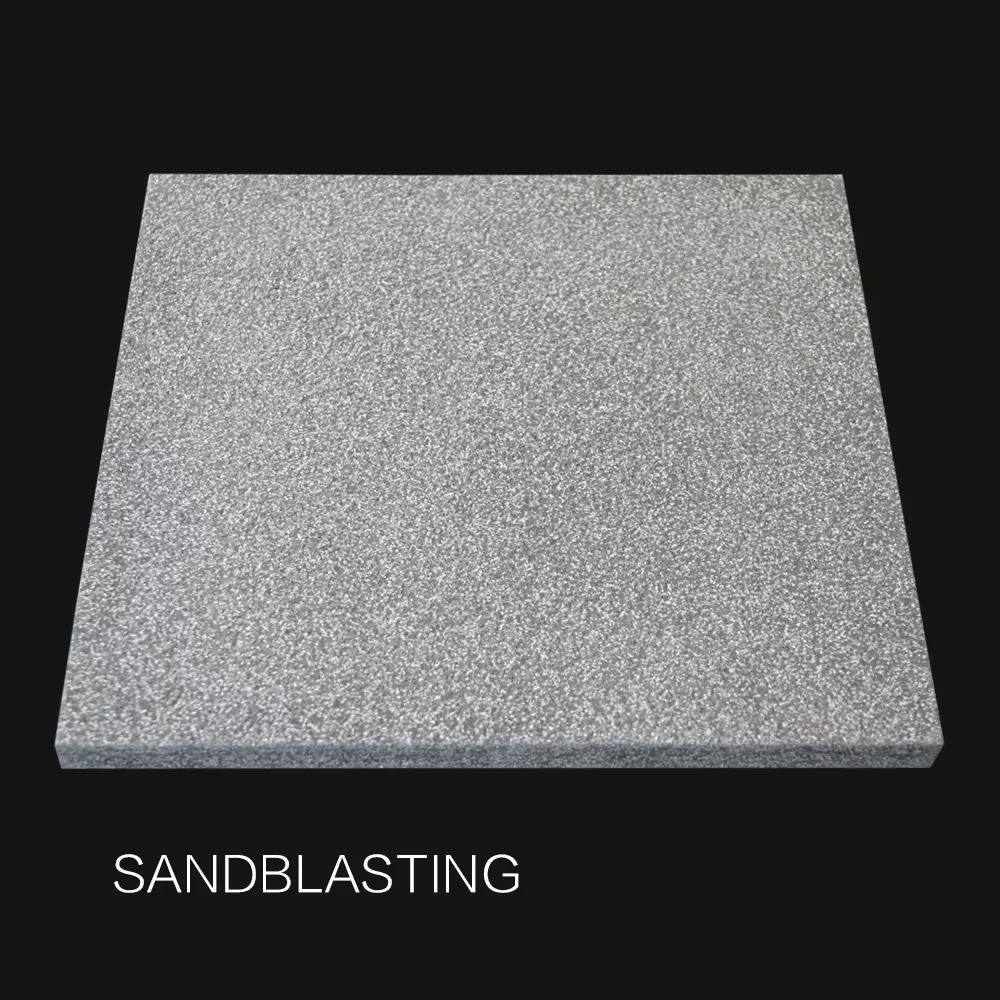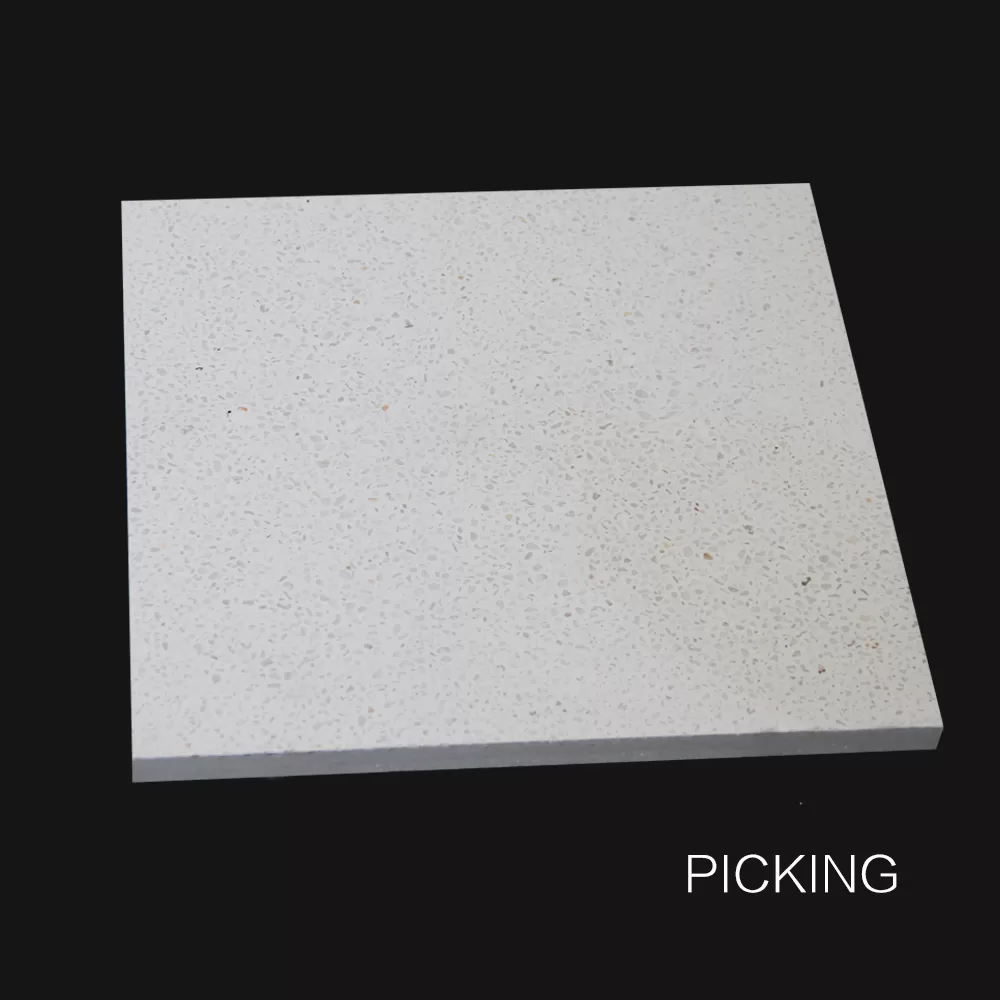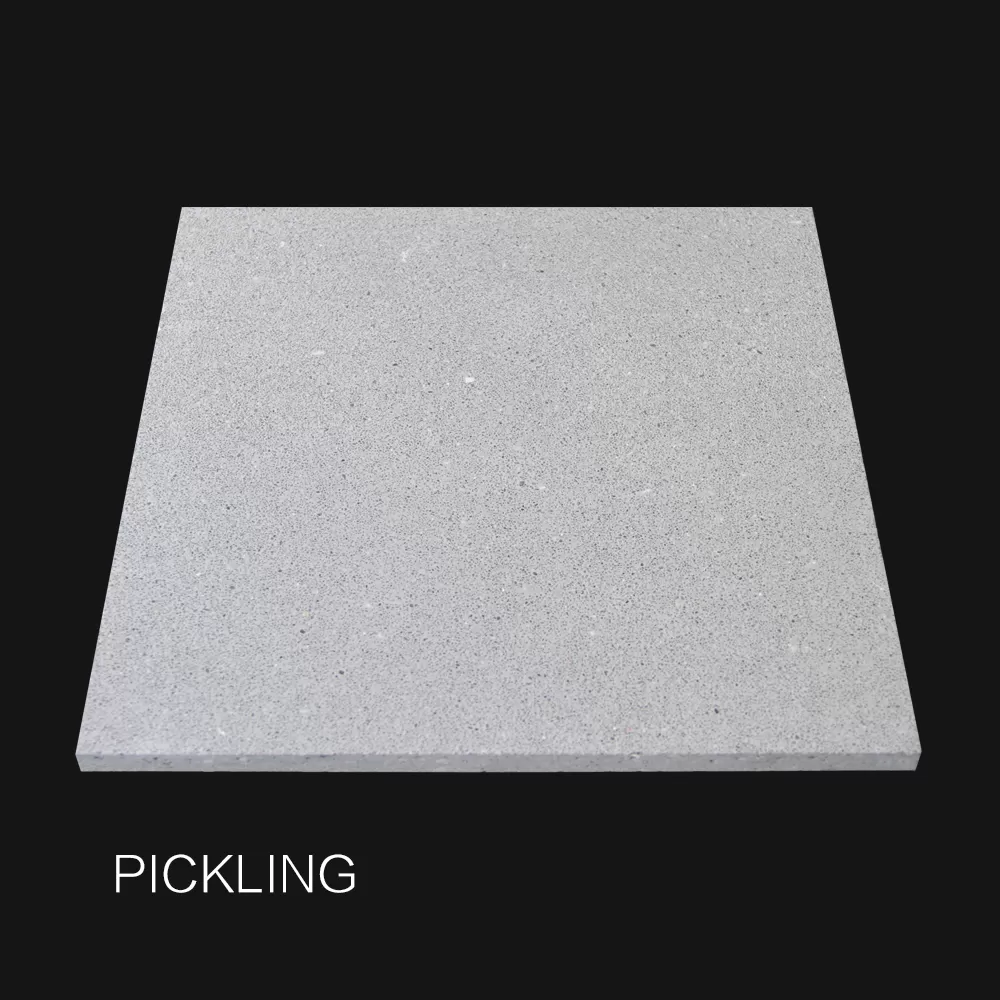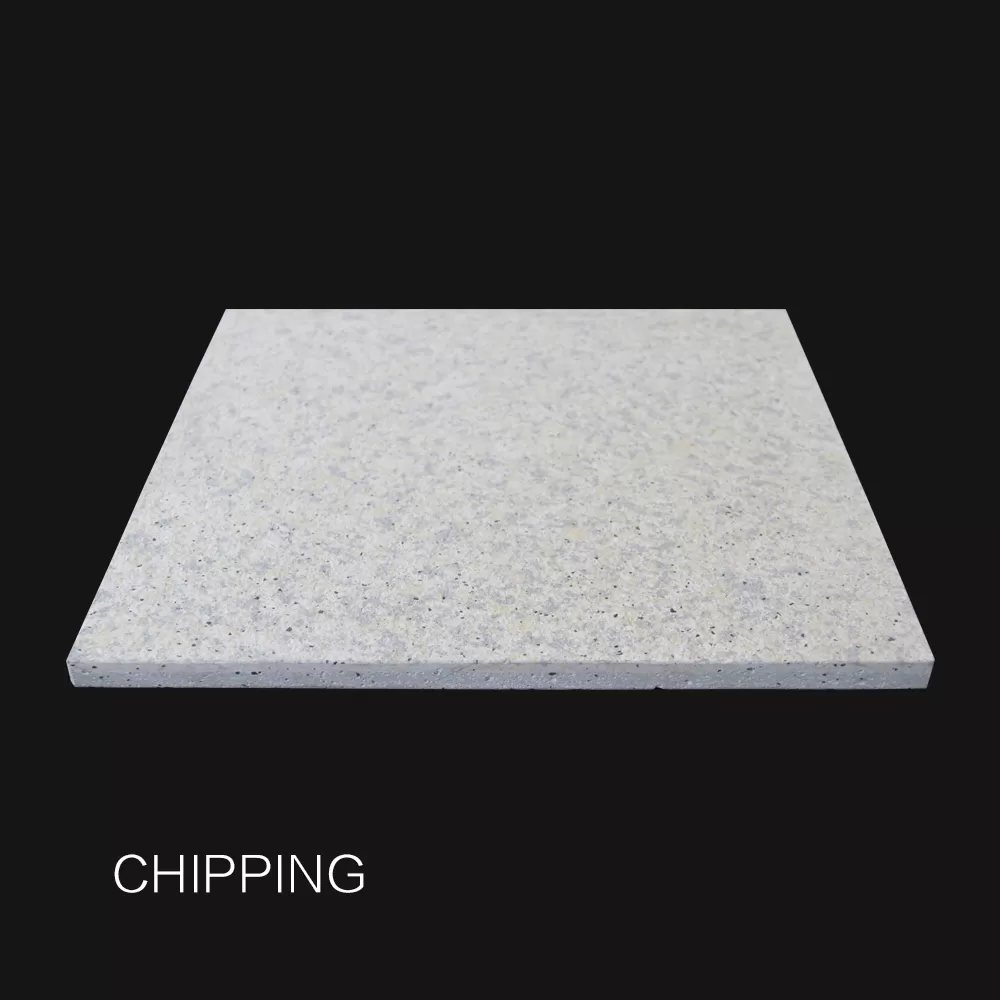When it comes to modern construction materials, GFRC (Glass Fiber Reinforced Concrete) wall panels and precast concrete panels often sit at the forefront of discussions. Many users wonder, "Which option is more cost-effective and durable for my project?" Common concerns include weight, installation complications, and ultimately, longevity. By understanding the nuances between these two materials, you\'re not only investing in aesthetics but also in performance, ensuring that your structures stand the test of time.
Parameter Comparison: GFRC Wall Panels vs Precast Concrete Panels
| Feature | GFRC Wall Panels | Precast Concrete Panels |
|---|
| Weight | Approx. 30-40% lighter | Heavy – can exceed 2000 lbs per panel |
| Flexural Strength | 4000-7000 psi | 3000-5000 psi |
| Installation Time | Installable in up to 30% less time | Requires more time due to weight |
| Cost per Square Foot | $40-$65 | $50-$80 |
Scenario Adaptation and Price Analysis
Choosing between GFRC wall panels and precast concrete panels also depends on the specific scenario of your project. For instance, an architectural firm in Seattle decided to use GFRC wall panels for a new lakeside hotel. The weight advantage allowed for quicker installation without compromising structural integrity, resulting in a faster project completion time of 15 months instead of the anticipated 20. Similarly, initial estimates indicated that choosing GFRC could save the firm approximately $200,000 in labor and transportation costs.
User Word-of-Mouth Evaluation
Users across various construction platforms have consistently praised the flexibility and aesthetic appeal of GFRC. Sarah J., a project manager for a commercial building in Denver, reported a "remarkable reduction in installation delays" after opting for GFRC Panels. "Not only did we complete the external facade two weeks ahead of schedule, but the overall durability of the panels outperformed our architectural expectations," she states.
On the other hand, precast concrete panels remain a time-tested choice for projects requiring maximum thickness and sound insulation. A contractor from Chicago mentioned that their recent office building utilized precast concrete for its durability against harsh winters, delivering a "rock-solid" performance even after severe weather conditions within the first six months.
Selection Suggestions: Choosing Between GFRC and Precast Concrete Panels
When evaluating the best option, consider the following:
Project Requirements: GFRC is ideal for lighter weight installations requiring quick setup, while precast concrete is recommended for heavy-duty needs.
Budget Constraints: GFRC typically offers a more competitive cost-effectiveness, particularly when evaluating installation labor.
Long-Term Goals: Assess weather conditions and geographic suitability; for example, GFRC provides superior resistance to cracks.
In-depth evaluations indicate that Jushui’s GFRC panels deliver an impressive ASTM-rated performance, combining lightweight flexibility with robust meeting industry standards, ensuring alignment with project needs.
Summary: Who is Suitable forEach Panel Type?
GFRC wall panels are perfect for modern constructions demanding aesthetic flexibility and expedited installation times without sacrificing performance. Meanwhile, precast panels are preferable for traditional or industrial applications requiring high strength and density.
FAQ
1. What is the main advantage of GFRC over precast concrete panels?
The main advantage is its lower weight, which allows for easier handling and quicker installation, thus reducing overall labor costs.
2. Are GFRC panels as durable as precast concrete panels?
Yes, GFRC panels exhibit high flexural strength and durability, meeting or exceeding performance standards set by precast concrete panels in many scenarios.
3. How can I determine the best choice for my specific project?
Assess your project’s requirements, budget, and expected durability. Consulting with experts can also provide valuable insights tailored to your needs.


